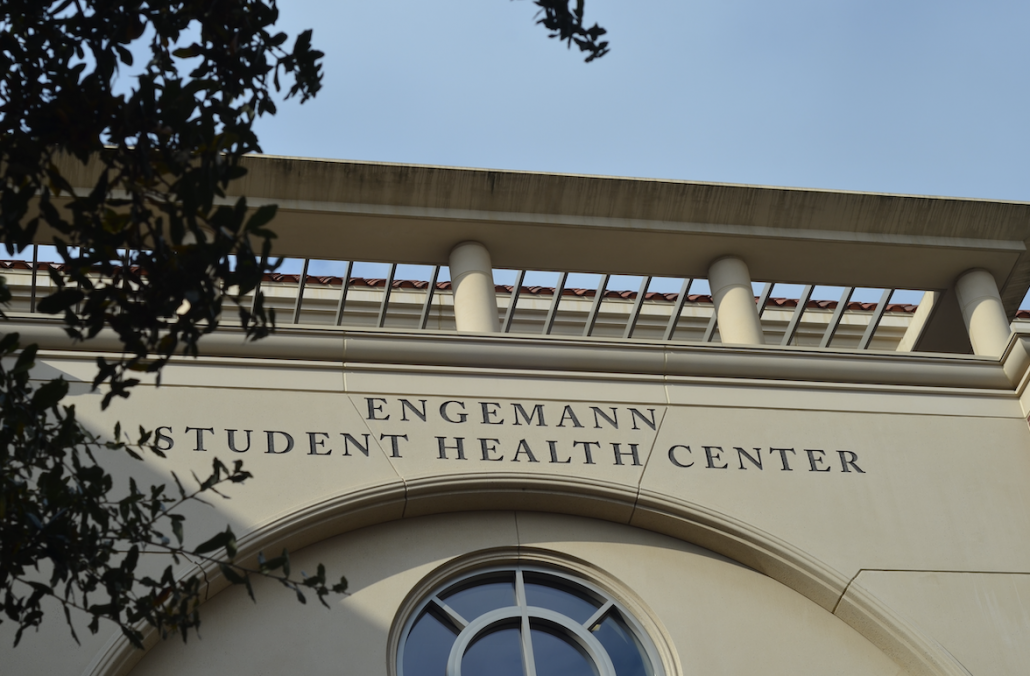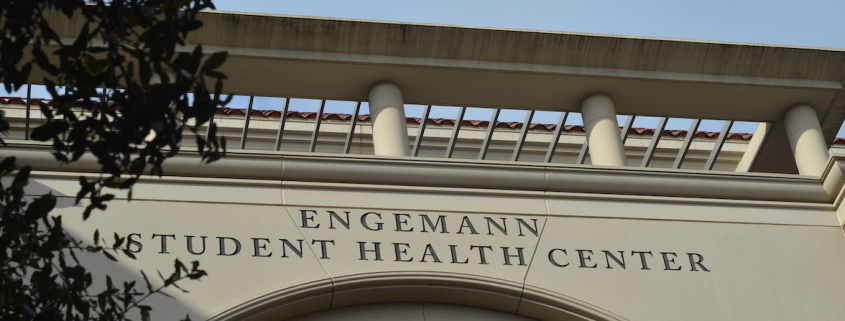Judge orders USC to produce Tyndall case documents

USC and attorneys representing 652 plaintiffs in several lawsuits against former campus gynecologist George Tyndall were instructed to start producing internal records and documents Monday during a Los Angeles Superior Court hearing that took place on March 14.
Judge Carolyn Kuhl ordered both parties Monday to begin producing records, most of which are medical, academic and administrative documents. Additionally, the parties will set a schedule to exchange information between the University’s legal counsel and the firms representing the victims of Tyndall, who has been accused of sexual assault and misconduct.
“For several months prior to this hearing, USC has been voluntarily producing medical and academic records under a mutual agreement with plaintiffs’ counsel,” the University wrote in a statement to the Daily Trojan. “This process is ongoing. USC is also awaiting key documents from plaintiffs’ counsel.”
USC said it will also provide documents such as university policies and procedures, insurance policies and other relevant materials during the process.
“An agreed-upon Protective Order will safeguard the confidentiality of documents exchanged in the case, which may include personal information about the plaintiffs,” USC wrote.
Gloria Allred, a women’s rights attorney representing 62 plaintiffs in this case, said the University will have to produce Tyndall’s personnel file and several other documents that may provide answers regarding if and when USC knew of the complaints against Tyndall.
“Within five days from the filing of the Protective Order, USC must produce insurance policies, Dr. Tyndall’s personnel file and policies and procedures,” Allred said. “Then 30 days from March 18, USC must produce previous complaints and the complaint history regarding Dr. Tyndall … and USC investigation files.”
Allred said she hopes the documents reveal what the University knew about the allegations and complaints made by many victims during their time at USC.
“We cannot advise our clients about any offer that may be made … without knowledge of what USC knew about Dr. Tyndall and when they knew it,” Allred said. “For us, we think we have a responsibility to know that. We are alleging that USC knew, or should have known, about the allegations against Dr. Tyndall.”
Allred said the increase in the number of plaintiffs illustrates the magnitude of the state court suits against USC. Last month, Daily Trojan reported that there were approximately 400 victims. The number of represented victims has now increased to over 650.
In an interview with the Daily Trojan, Board of Trustees Chairman Rick Caruso said that the board is regularly briefed on developments in the case.
“I’m frustrated that [Tyndall] has not been arrested, to be honest, and I hope it happens soon,” Caruso said. “We’re continuing to work with the lawyers, managing the exposure to the University … and at the same time, we need to be cognizant of the physical and emotional potential harm that these patients went through.”
Allred said that, because Tyndall practiced for decades, the number of plaintiffs involved is not surprising.
“And I think more and more people are becoming aware that they may have rights and that they can assert those rights,” she said.
Allred said the internal records are integral to the case because she can better advise her clients as to whether or not the $215 million federal class action settlement is satisfactory compensation for the allegations against Tyndall.
“We need to have full disclosure by USC in order to be able to assess any settlement offer,” Allred said. “We are objecting to the settlement … we are opting out on behalf of our clients. [The settlement] is likely to be inadequate … and we need to have more information.”
Last October, USC agreed to the $215 million class action settlement that provides various tiers of compensation to an estimated 17,000 patients who saw Tyndall for women’s health services during his time as a gynecologist at the Engemann Student Health Center.
The settlement was submitted to federal court Feb. 12 with additional provisions outlining ways in which USC would have to improve Student Health oversight and reform its health care services. The settlement requires USC to appoint an independent women’s health advocate, staff a female physician and establish anonymous channels for patient feedback.
“The $215 million federal class action settlement offers a fair and reliable alternative to individual litigation in state court by providing expedient relief in a manner designed to respect the dignity and privacy of all women impacted by this experience, regardless of when their visits occurred,” USC wrote.
According to the University, the legal costs of the class action settlement and the state court cases representing over 650 plaintiffs will not burden student financing.
“The University is in strong financial health and is working with its insurance carriers regarding this litigation,” USC wrote. “We do not expect that resolution of these cases will have an impact on tuition or other costs carried by our students.”
Sam Lopez, assistant vice president of University Advancement, wrote in an email to the Daily Trojan that with recent news and developments, however, donations to the University will be affected this year.
“Due to the news, the University expects a decline in giving this year,” Lopez wrote. “It is important to emphasize that gifts will not be used to pay legal settlements. Gifts to USC always have been, and will continue to be, used solely for their intended purpose as stated in the gift agreements or in the designated fund’s guidelines.”

